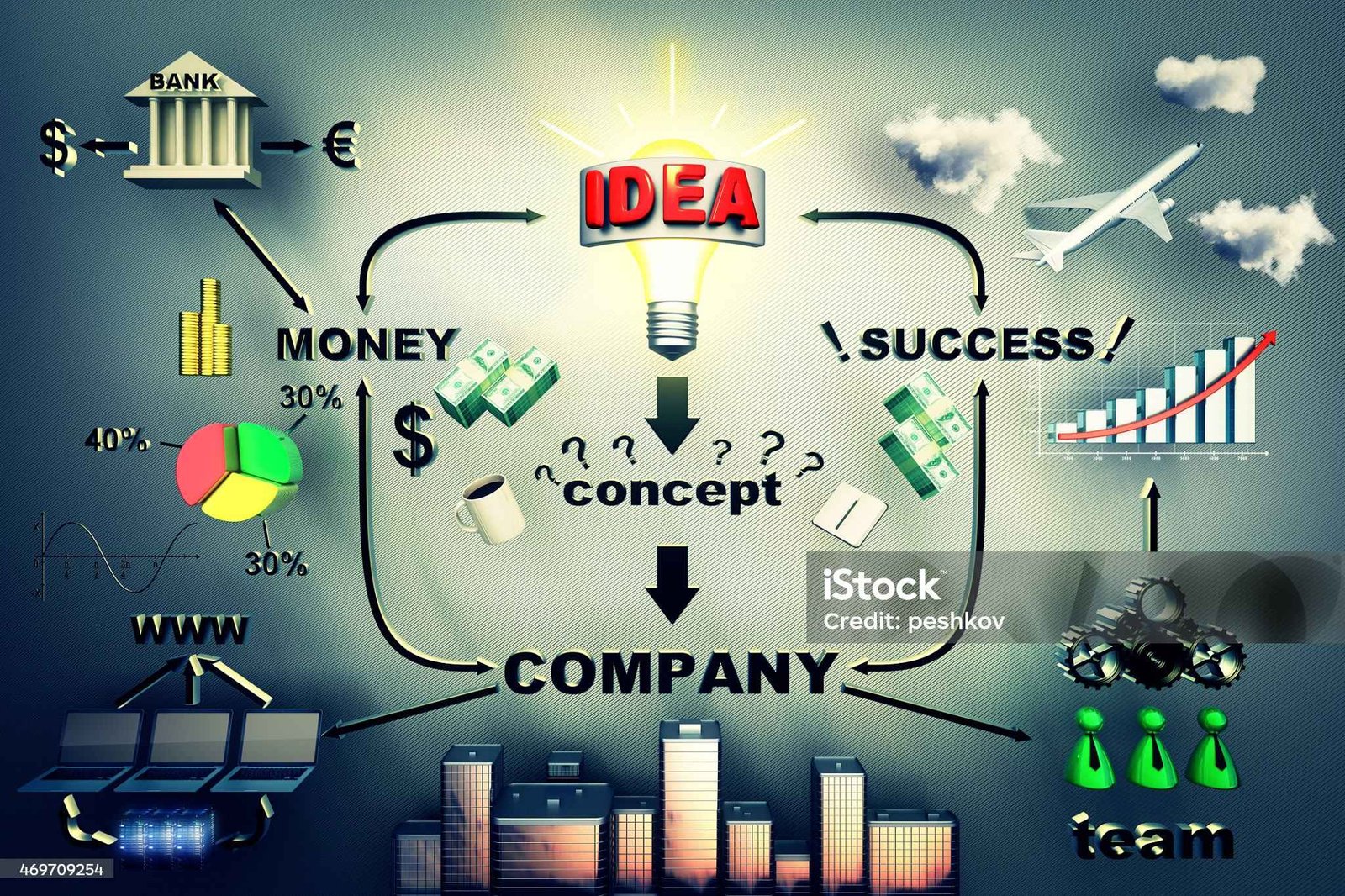In the digital age, information technology has emerged as a driving force behind economic growth & development. From streamlining processes to creating new business models and IT has revolutionized various sectors of the economy. In this article, we will explore how information technology has impacted the economy and focusing on three key aspects: productivity and employment, & globalization.
Boosting Productivity:
Information technology has been a catalyst for increasing productivity across industries. One significant way IT has achieved this is through automation. Automation reduces the need for manual labor in repetitive tasks, allowing businesses to allocate human resources to more strategic activities. For example, in manufacturing, automation through robotics and artificial intelligence has led to enhanced efficiency and lower production costs, & faster turnaround times.
Moreover, IT has facilitated better communication & collaboration within organizations and between businesses and their clients. Tools such as email, instant messaging, and video conferencing have made it easier for teams to work together regardless of geographical barriers. This improved communication fosters innovation & accelerates decision-making processes and ultimately contributing to higher productivity levels.
Additionally and the advent of big data analytics has enabled companies to make data-driven decisions. By analyzing large datasets, businesses can identify trends and forecast demand, & optimize operations. This targeted approach to decision-making enhances efficiency & resource allocation and leading to increased productivity & competitiveness in the market.
Impact on Employment:
While IT has undoubtedly led to increased productivity and its impact on employment is more nuanced. On one hand, automation and technological advancements have led to job displacement in certain sectors. For instance, roles that involve repetitive, manual tasks are increasingly being replaced by machines & algorithms. This phenomenon has raised concerns about unemployment & income inequality.
However, information technology has also created new job opportunities & transformed existing roles. The demand for IT professionals such as software developers, data scientists, and cybersecurity experts has surged as businesses seek to leverage technology for competitive advantage. Moreover, the rise of the gig economy & remote work arrangements has enabled individuals to pursue flexible employment opportunities facilitated by digital platforms.
Furthermore, IT has facilitated entrepreneurship & innovation and allowing individuals to create and scale their businesses with relatively low barriers to entry. Platforms such as e-commerce websites, app stores, & online marketplaces provide avenues for small businesses and startups to reach a global audience. This democratization of entrepreneurship has contributed to job creation and economic growth.
Driving Globalization:
Information technology has played a pivotal role in driving globalization by breaking down barriers to trade and communication. The internet and in particular, has transformed the way businesses operate on a global scale. E-commerce platforms enable companies to reach customers in distant markets without the need for physical storefronts. This has expanded market opportunities for businesses of all sizes & facilitated international trade.
Moreover, advancements in transportation and logistics technology have made it easier and more cost-effective to transport goods across borders. Supply chain management systems powered by IT allow businesses to track inventory, streamline distribution, & optimize shipping routes, leading to increased efficiency & reduced costs in global trade.
Furthermore, IT has facilitated the outsourcing of business processes to offshore locations, a practice known as business process outsourcing & information technology outsourcing. This globalization of labor markets has enabled companies to access specialized skills and lower labor costs in regions with comparative advantages. However, it has also raised concerns about job displacement in high-cost countries & the exploitation of labor in developing nations.
Conclusion:
In conclusion, information technology has profoundly Impact of Information Technology on the Economy in various ways, including boosting productivity, transforming employment dynamics, & driving globalization. While IT has led to job displacement in certain sectors & it has also created new opportunities for innovation and entrepreneurship, and global connectivity. As technology continues to evolve, it will be crucial for policymakers, businesses, and individuals to adapt to the changing landscape and harness the benefits of IT for sustainable economic growth and development.





